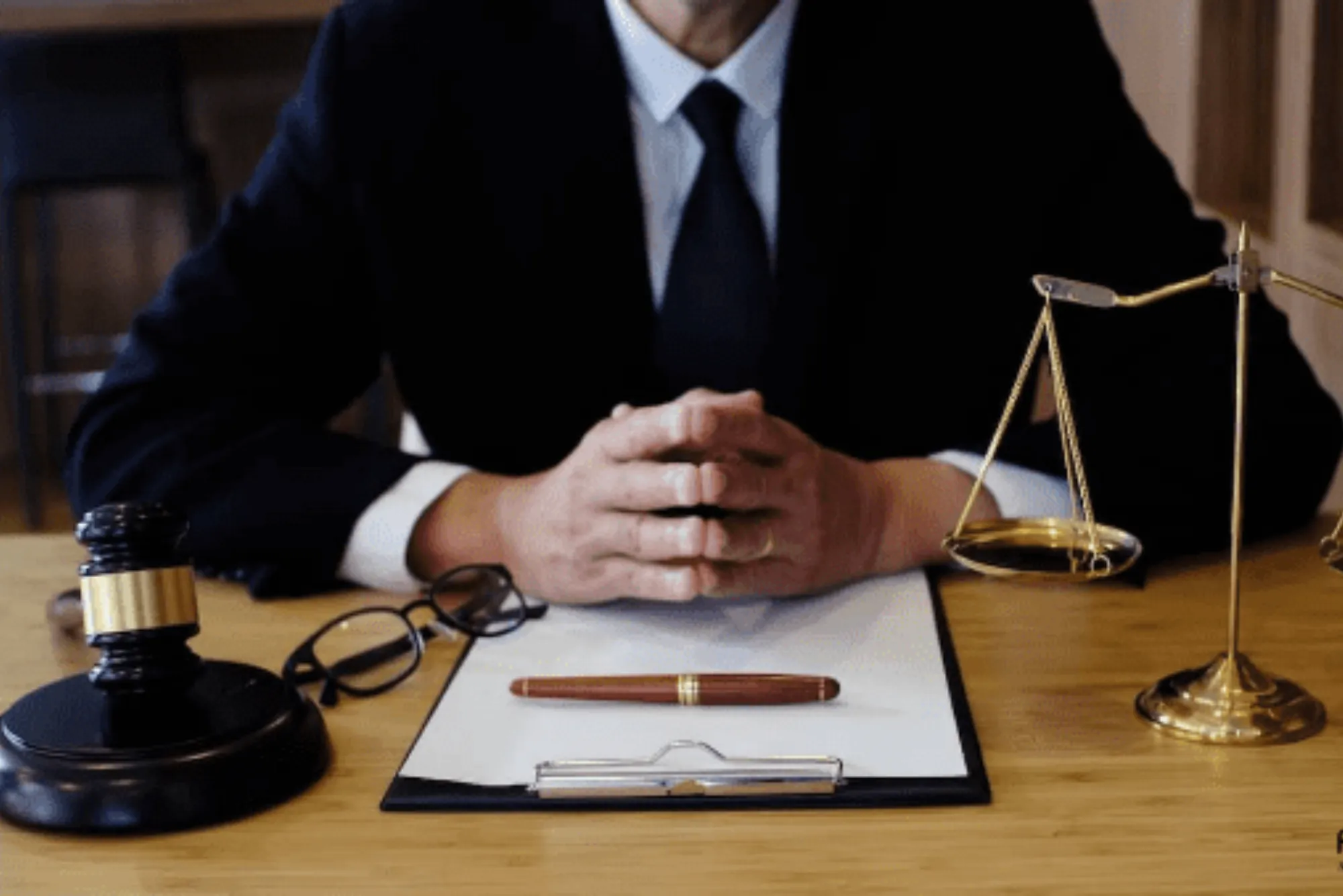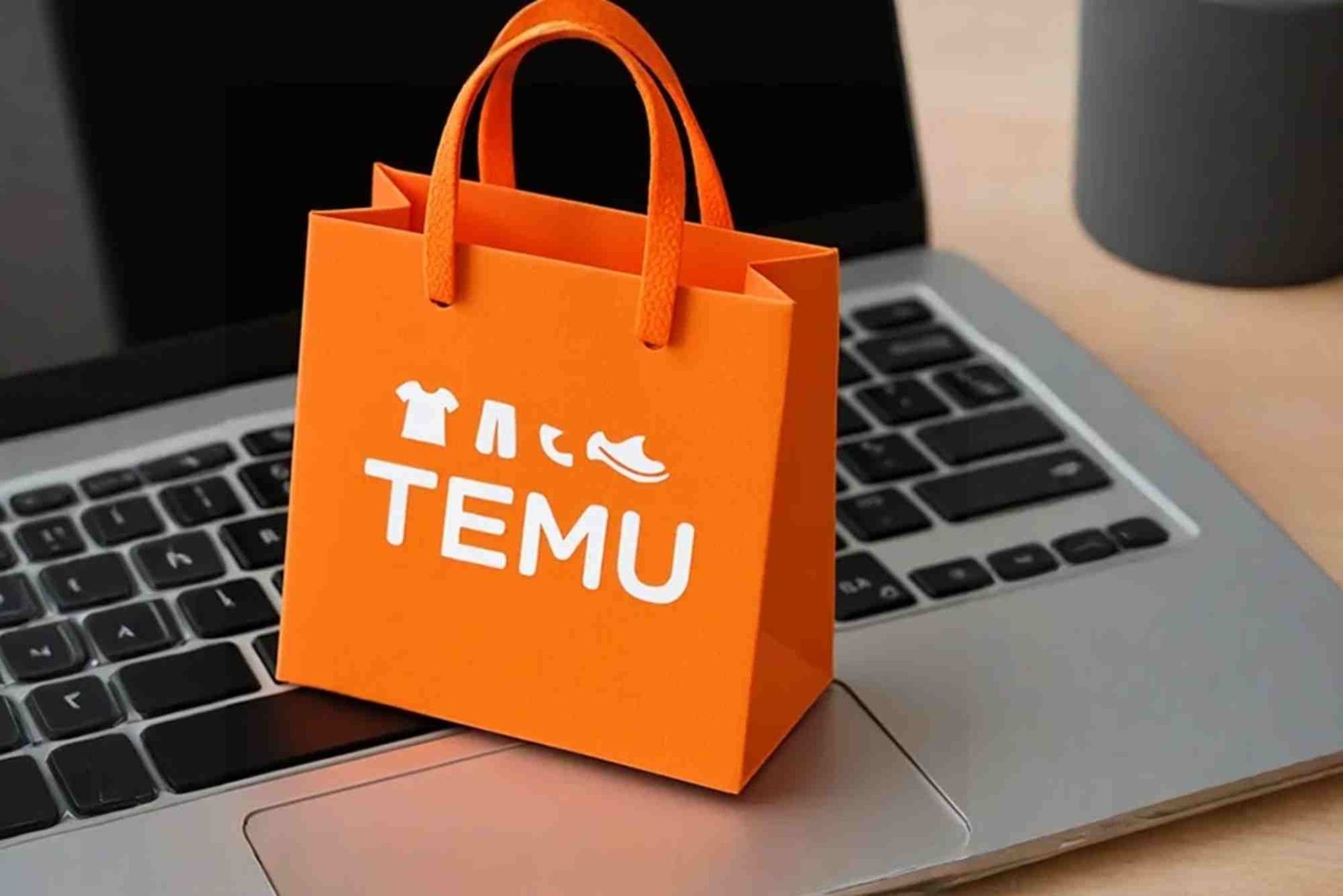Dubai, a major global trade and logistics hub, is renowned for its world-class infrastructure, business-friendly environment, and strategic geographic position between East and West. With its free zones, advanced ports like Jebel Ali, and consistent governmental initiatives to boost trade, it has become a top destination for importers, exporters, manufacturers, and distributors. However, along with the benefits of international trade comes the need to navigate complex customs and trade regulations—a domain where legal guidance becomes essential.
This raises a crucial question: Do advocates in Dubai provide legal advice on customs and trade regulations?
The answer is an emphatic yes. Dubai lawyers routinely assist businesses in understanding, complying with, and resolving disputes related to customs laws, import/export procedures, free zone trade compliance, international trade agreements, tariffs, and related matters. Their guidance is invaluable for companies aiming to avoid legal pitfalls, reduce operational risk, and ensure seamless trade activities.
This article offers an in-depth look at how lawyers in Dubai support businesses and individuals in navigating customs and trade regulations and highlights the legal framework, services offered, common challenges, and the importance of expert legal advice in this area.
Understanding the Legal Framework Governing Customs and Trade in Dubai
Before delving into the role of Dubai lawyers, it’s important to understand the regulatory structure that governs trade and customs activities in Dubai and across the UAE.
1. Federal Laws and GCC Regulations
The UAE’s customs system is governed by Federal Law No. 1 of 1972 and its amendments, along with GCC Common Customs Law, which aims to unify customs regulations across Gulf Cooperation Council countries. These laws define duties, exemptions, prohibited goods, procedures for clearance, and penalties for violations.
2. Dubai Customs Regulations
Dubai Customs, a government agency under the Government of Dubai, enforces trade-related laws within the emirate. It oversees:
- Import and export clearance
- Tariff classifications
- Free zone and bonded warehouse regulations
- Customs declarations and inspections
- Anti-smuggling enforcement
Legal interpretation of these procedures and their application to business operations often requires the input of experienced Dubai lawyers.
3. Free Zone Laws
Dubai is home to more than 30 free zones, including JAFZA (Jebel Ali Free Zone), DIFC (Dubai International Financial Centre), and DMCC (Dubai Multi Commodities Centre), each with their own customs guidelines and trade protocols. Legal advisors must understand the distinctions between mainland and free zone customs policies.
4. International Agreements
The UAE is a party to multiple bilateral and multilateral trade agreements, including those under the World Trade Organization (WTO), Free Trade Agreements (FTAs), and customs cooperation treaties. Lawyers in Dubai regularly advise clients on how these agreements affect tariff rates, documentation, and import/export rights.
Role of Dubai Lawyers in Customs and Trade Law Matters
Legal professionals in Dubai provide extensive assistance in both advisory and litigation matters related to customs and trade compliance. Their services cover a wide range of areas, including:
1. Customs Classification and Tariff Advice
Customs classification errors can result in incorrect duty assessments or even seizure of goods. Dubai lawyers guide businesses in:
- Accurately classifying goods under the Harmonized System (HS) codes
- Understanding applicable duty rates and exemptions
- Challenging incorrect classifications or overcharges
- Navigating VAT implications related to cross-border transactions
2. Import/Export Licensing and Permits
Different goods—particularly pharmaceuticals, chemicals, food, or military-grade equipment—require specific permits from government authorities before they can be imported or exported.
Advocates in Dubai assist clients in:
- Securing the correct trade licenses and permits
- Dealing with Dubai Customs or relevant ministries (Health, Environment, Interior)
- Advising on import/export restrictions and banned goods
3. Compliance with Trade Sanctions and Embargoes
Businesses operating in Dubai must be cautious of global and regional sanctions regimes, including those issued by the UAE, UN, EU, or OFAC (U.S. Office of Foreign Assets Control).
Dubai lawyers:
- Advise on the legality of trading with certain countries or entities
- Assist in screening suppliers and customers for compliance risks
- Help companies avoid hefty penalties, asset seizures, or blacklisting
4. Dispute Resolution with Customs Authorities
Customs disputes can arise due to:
- Allegations of under-declared shipments
- Delay in customs clearance
- Confiscation of goods
- Alleged violations of customs laws
When disputes escalate, lawyers in Dubai represent clients in:
- Filing objections and appeals with Dubai Customs
- Initiating legal proceedings in UAE courts or arbitration forums
- Negotiating settlements or alternative compliance resolutions
5. Advice on Free Zone and Transshipment Regulations
Goods entering Dubai via free zones or transshipment routes follow different customs protocols than goods cleared for mainland consumption. Dubai lawyers clarify:
- When duties apply and when they don’t
- Documentation requirements
- Conditions for transferring goods between zones or exporting them
- Rules for temporary imports or re-exportation
6. Drafting and Reviewing Trade Agreements
Legal advisors also play a pivotal role in drafting contracts that govern international sale and shipment of goods, such as:
- Sale of Goods Agreements
- Incoterms-based trade terms
- Letters of Credit (L/C) and payment terms
- Customs brokerage agreements
- Import agency or distributorship contracts
By reviewing these agreements, Dubai lawyers help avoid contract ambiguity and ensure alignment with local customs laws.
Common Challenges in Customs and Trade Regulations
Businesses engaged in trade with Dubai often encounter the following challenges—areas where professional legal advice becomes not just helpful, but necessary:
1. Documentation Errors
Incorrect or incomplete commercial invoices, bills of lading, certificates of origin, or customs declarations can delay shipments or result in penalties. Lawyers in Dubai ensure all documentation complies with current regulations.
2. Customs Valuation Disputes
Customs authorities may challenge the declared value of goods. Dubai lawyers assist in:
- Justifying valuations
- Preparing supporting evidence
- Filing appeals if higher duties are imposed unjustly
3. Regulatory Overlaps
Multiple agencies may regulate specific types of goods (e.g., food, medicine, electronics). Legal experts coordinate with these agencies to secure necessary approvals.
4. Sudden Policy Changes
Trade regulations in Dubai can evolve in response to regional or global developments. Businesses benefit from the insights of Dubai lawyers who monitor such changes and update clients accordingly.
Benefits of Engaging Dubai Lawyers for Customs and Trade Matters
Businesses that seek legal counsel from experienced Dubai lawyers gain numerous strategic advantages:
- Risk Mitigation: Reduce the likelihood of customs disputes, delays, or financial penalties
- Regulatory Clarity: Navigate overlapping laws and stay compliant with dynamic trade policies
- Operational Efficiency: Speed up customs clearance and streamline supply chain operations
- Strategic Planning: Structure international trade contracts that protect your interests
- Dispute Resolution: Resolve conflicts with minimal disruption to business activities
Real-World Examples of Legal Involvement
Let’s examine some real-world scenarios where advocates in Dubai play a crucial role:
Example 1: Customs Dispute Over HS Classification
A technology company imports networking equipment but is charged a higher customs duty due to incorrect classification. Their legal counsel challenges the classification, provides technical documentation, and successfully appeals for a refund.
Example 2: Export Control Compliance
A Dubai-based trading firm plans to export electronic parts to a country under partial UAE trade restrictions. Their lawyers in Dubai conduct due diligence, advise on risk exposure, and help modify the shipment route to stay compliant.
Example 3: Supply Chain Disruption Due to Customs Seizure
A food importer has perishable goods seized over incorrect labeling. Legal professionals step in, liaise with Dubai Customs, provide remedial documentation, and negotiate a release before the goods perish—saving the company millions.
Legal Representation in Court or Arbitration
When customs and trade issues lead to formal disputes, Dubai lawyers are authorized to represent clients before:
- Dubai Courts (for disputes under federal laws)
- Customs Disputes Committees
- DIFC Courts (in applicable commercial cases)
- Arbitration Centres, such as DIAC or DIFC-LCIA
This full-spectrum representation ensures that clients have continuous support from advisory to litigation.
Looking Ahead: The Future of Trade Law in Dubai
As Dubai pushes forward with initiatives like Dubai Economic Agenda (D33) and positions itself as a leader in digital trade and customs automation, the legal landscape is also evolving.
Upcoming trends include:
- E-customs and blockchain-based trade systems
- Enhanced compliance requirements for sustainability and ESG regulations
- Increased regional integration through the GCC Customs Union
- Greater scrutiny of dual-use and strategic goods under national security regulations
Lawyers in Dubai are increasingly required to have cross-functional expertise in technology, international policy, and regulatory law to keep pace with these developments.
Conclusion
So, to clearly answer the FAQ: Do advocates in Dubai provide legal advice on customs and trade regulations? – Absolutely yes.
Dubai lawyers play a pivotal role in helping businesses navigate the intricate and ever-changing landscape of customs compliance and trade regulation. From licensing and documentation to dispute resolution and regulatory strategy, their legal insights protect businesses from costly mistakes and enable seamless global trade.
Whether you’re an importer, exporter, manufacturer, freight forwarder, or distributor, having an experienced legal partner ensures that your trade operations in Dubai remain compliant, efficient, and protected.




